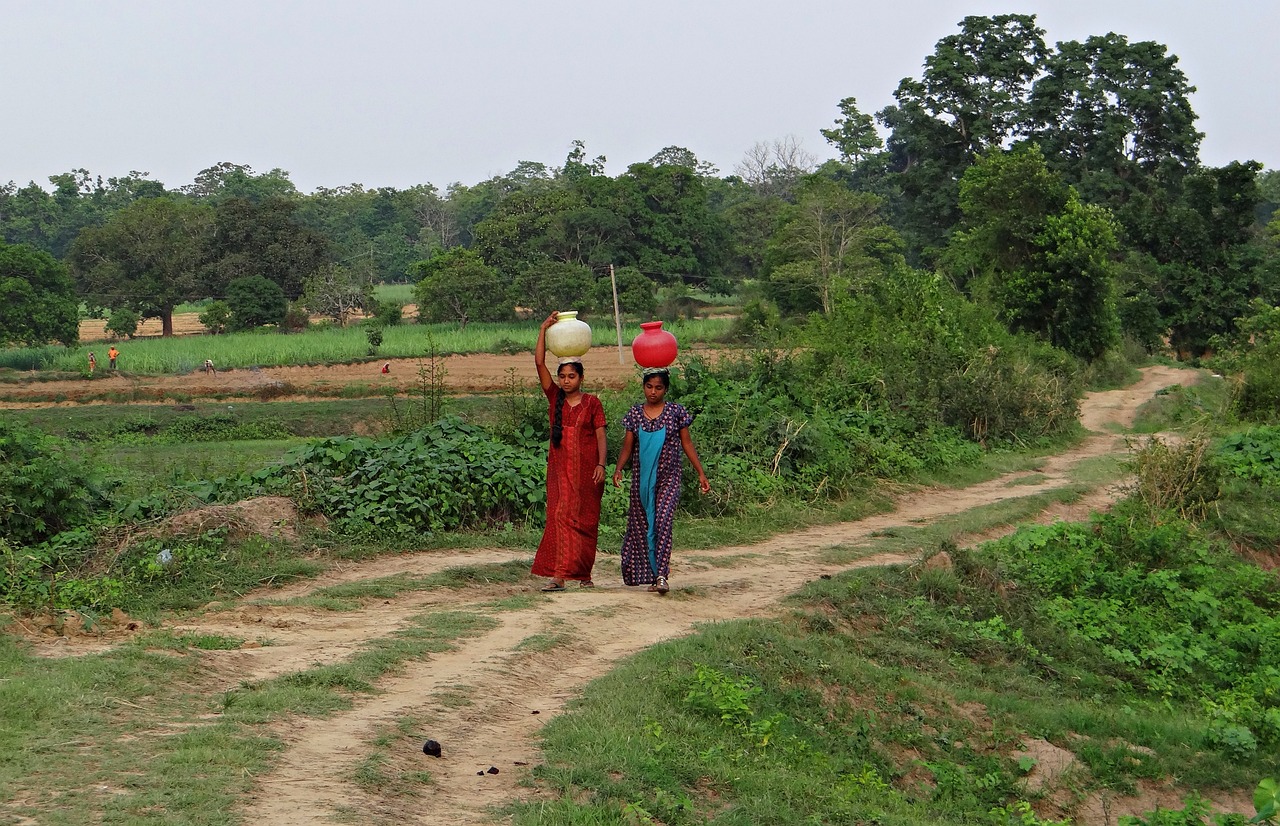How to Handle Crisis Management in Political Campaigns: Betbhai com, Playexch login, Gold 365
betbhai com, playexch login, gold 365: Political fundraising events have long been a staple in the world of politics, allowing candidates to connect with donors and raise the necessary funds to support their campaigns. However, like everything else, fundraising events have evolved over time, adapting to changing trends and technologies. In this blog post, we will explore some of the latest trends in political fundraising events and how they are shaping the way campaigns are funded.
1. Virtual Fundraising Events
In recent years, virtual fundraising events have become increasingly popular in the political world. With advancements in technology, candidates can now connect with donors from all over the world without having to host in-person events. Virtual events can include live streams, webinars, and even virtual meet-and-greets, allowing candidates to reach a wider audience and raise funds more efficiently.
2. Peer-to-Peer Fundraising
Peer-to-peer fundraising is another trend that has gained popularity in political circles. This fundraising strategy involves supporters creating their fundraising pages and reaching out to their own networks for donations. This not only helps to raise more funds but also engages supporters in the campaign process, turning them into active advocates for the candidate.
3. Corporate Sponsorship
Political candidates are increasingly looking towards corporate sponsorship to fund their campaigns. By partnering with businesses, candidates can secure financial support in exchange for advertising opportunities or other benefits. This trend has sparked some controversy, with critics arguing that corporate sponsors may influence candidates’ policies and decisions.
4. Text-to-Donate Campaigns
Text-to-donate campaigns have become a prevalent way for candidates to raise funds quickly and easily. By asking supporters to text a specific keyword to a designated number, candidates can collect donations instantly. This method is especially popular among younger donors who prefer to make contributions through their smartphones.
5. Crowdfunding Platforms
Platforms like GoFundMe and Kickstarter have made it easier than ever for political candidates to raise funds online. By setting up a campaign page and sharing it on social media, candidates can reach a broader audience and attract donations from supporters around the world. Crowdfunding has become a valuable tool for candidates with limited resources or grassroots campaigns.
6. Fundraising Events with Celebrity Guests
Hosting fundraising events with celebrity guests has been a long-standing tradition in politics. By inviting well-known figures to speak or perform at events, candidates can attract larger crowds and generate more buzz around their campaigns. Celebrity endorsements can also help candidates reach new audiences and increase their fundraising efforts.
7. Interactive Fundraising Events
Interactive fundraising events are becoming more prevalent, with candidates looking to engage donors in new and exciting ways. From virtual trivia nights to online auctions, these events provide supporters with a fun and interactive experience while also raising funds for the campaign. Interactive events can help candidates build stronger connections with their donors and create a sense of community around their campaigns.
8. Transparency and Accountability
In light of recent controversies surrounding political fundraising, candidates are increasingly focusing on transparency and accountability in their fundraising efforts. By being upfront about where their funds are coming from and how they are being spent, candidates can build trust with their donors and ensure that their campaigns are conducted ethically.
9. Grassroots Fundraising
Grassroots fundraising remains a crucial component of political campaigns, with candidates relying on small-dollar donations from individual supporters. Grassroots fundraising allows candidates to demonstrate broad-based support for their campaigns and reduce their reliance on large donors or corporate interests. By engaging with grassroots donors, candidates can build a loyal base of supporters who are invested in their success.
10. Personalized Fundraising Appeals
Personalized fundraising appeals are becoming increasingly popular as candidates seek to connect with donors on a more personal level. By sending targeted emails or messages that speak directly to the donor’s interests or values, candidates can increase the likelihood of receiving donations. Personalized appeals demonstrate that candidates value their donors and are attentive to their needs and concerns.
In conclusion, political fundraising events are evolving to adapt to changing trends and technologies. From virtual events to peer-to-peer fundraising, candidates are exploring new ways to connect with donors and raise the necessary funds to support their campaigns. By embracing these trends and strategies, candidates can ensure that their fundraising efforts are successful and sustainable in the long run.
FAQs
Q: Are virtual fundraising events as effective as in-person events?
A: Virtual fundraising events can be just as effective as in-person events, if not more so. They allow candidates to reach a wider audience and connect with supporters from different locations, ultimately increasing their fundraising potential.
Q: How can candidates ensure transparency and accountability in their fundraising efforts?
A: Candidates can ensure transparency and accountability by regularly reporting their fundraising activities, disclosing their donors, and providing detailed information on how funds are being used. By being open and honest with their donors, candidates can build trust and credibility.
Q: What are some best practices for hosting successful fundraising events?
A: Some best practices for hosting successful fundraising events include setting clear goals, engaging with donors before, during, and after the event, providing compelling reasons for donors to contribute, and expressing gratitude to supporters for their contributions. By following these practices, candidates can maximize their fundraising efforts and build strong relationships with their donors.







